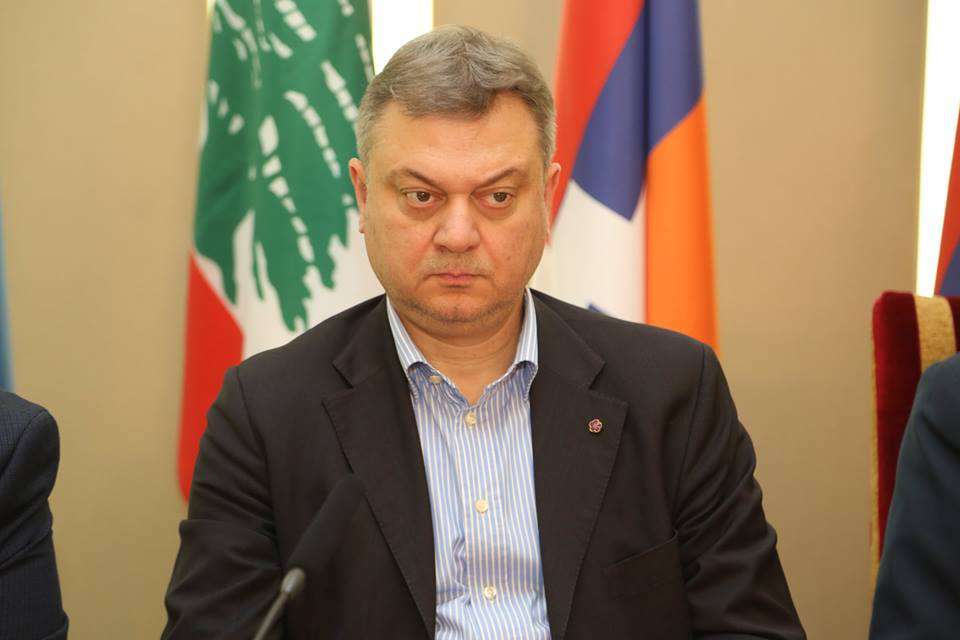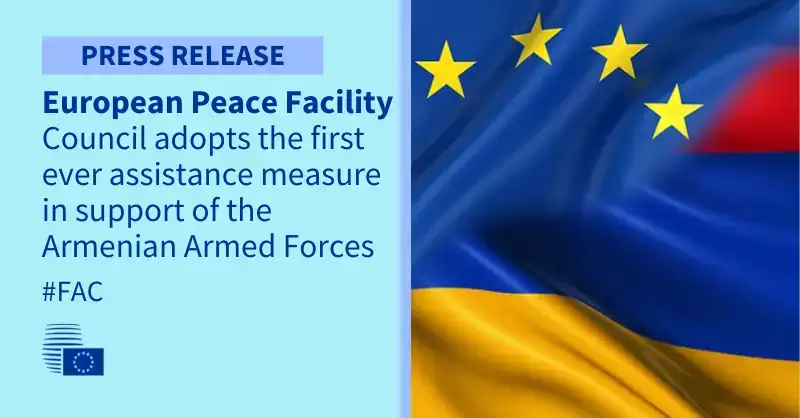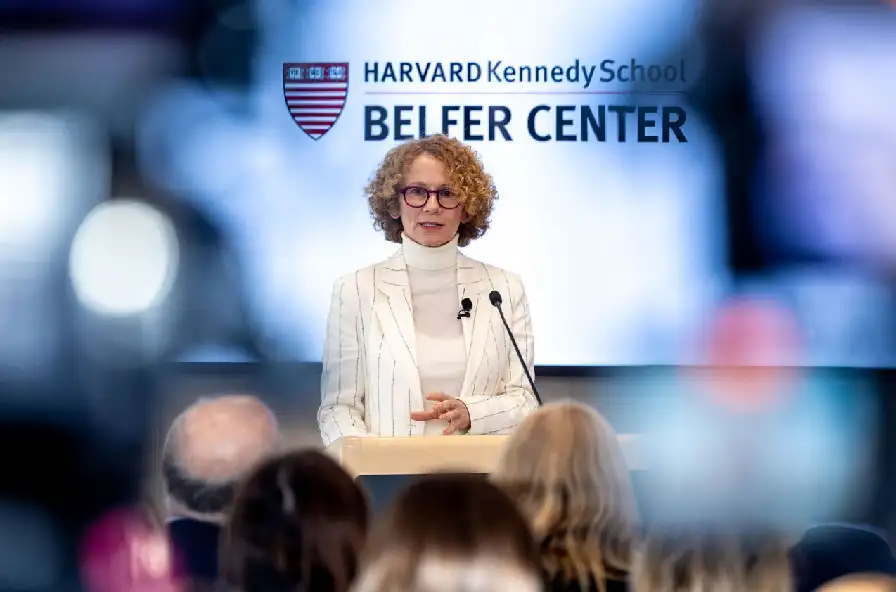Radar Armenia's interlocutor is international expert Shahan Gantaharyan.
-According to press publications, Turkish President Erdogan intends to hold general elections in Turkey on May 14. Will the elections be held on the scheduled dates, or is there a possibility of a delay due to the earthquake? Why is Erdogan in a hurry? Considering the humanitarian disaster factor, will it achieve the desired result at this stage?
- It is not excluded that the elections will be postponed. A three-month emergency was declared, after which presidential elections will be held according to the determined year. The election campaign should not take place under normal conditions during that period. To eliminate the consequences of the earthquake, Erdoğan is focusing a lot on internal and external work. He must convince Turkish society that he is working to save lives, organize search and rescue operations in the most operative ways and methods, and externally, by expanding the geography of international assistance, prove that he is solving problems with different countries. The humanitarian disaster is fully used for political purposes. in this case, also with pre-election campaign motives. Erdogan started electoral political processes under the name of humanitarian disaster.
- How probable do you think the change of the Turkish president is, or are we going to deal with Erdogan again anyway?
- It is too early to confirm whether Turkey's president will change. As much as there are anti-Erdogan sentiments in Turkish society, there are also broad circles that share Erdogan's policy. The effectiveness or ineffectiveness of earthquake relief efforts will affect the election results. It also depends on the ups and downs of Washington-Ankara relations. If the US is preparing for a post-Erdogan period, we will witness a new financial crisis, which will dramatically affect the results of the elections. If that toolkit were not used, it would mean that the tension with Erdogan would been more declarative.
- The Iranian side stated that the problems between the region's countries should be solved with their participation. How do you interpret this statement? What does Iran want to say?
- Iran does not explicitly say who should be left out of the process of resolving the Armenian-Azerbaijani conflict. However, the principles of the Iranian approach are clear. Its border with RA will not change, and it will not tolerate the deployment of third-party forces in its border regions in the form of observation, civilian or military.
- Is the deployment of EU observers on the Armenian-Azerbaijani border beneficial to Iran, or will it not want to see them as well?
- The main goal of Iran is to lift its blockade over Armenia and Georgia to the Black Sea and Europe. Be it by way of energy pipelines or by land transits from the Persian Gulf to the Black Sea. For that, the involvement of other forces can be disruptive. Here there are certain overlaps between the interests of Iran and the collective West. There have long been talks about the Persian Gulf-Black Sea road. After the war in Ukraine, the prerequisites for preparing the land transit route became visible.
Hayk Magoyan




















